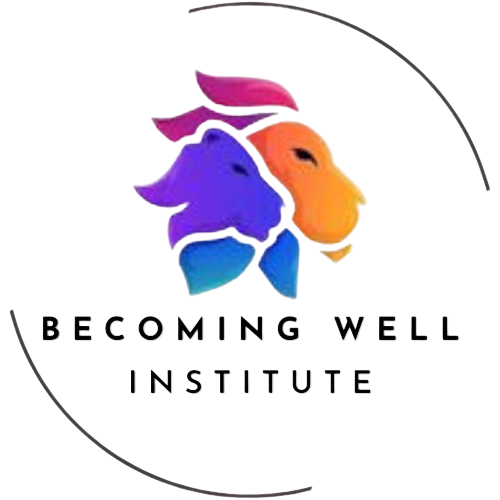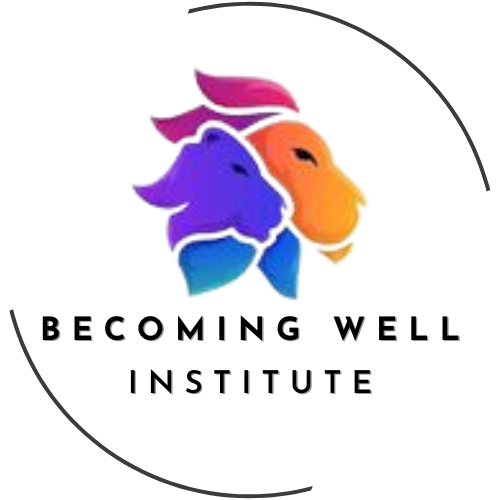According to the American Psychiatric Association, the effects of trauma can include increased arousal states, avoidant coping strategies, and flashbacks and/or intrusive thoughts. Additionally, research suggests that trauma can create attentional bias as well as negative expectancy bias.
Attentional bias is adaptive and is a form of cognitive bias. It’s not a bad thing, per se, because it makes it possible for us to pay close attention to things in our environments that may pose danger or threat. This allows us to respond quickly to things that have the potential to do us harm. To do this, our brains focus intently on certain things while simultaneously ignoring others in order to make potentially life-saving decisions based on the information given the highest priority. When it comes to unresolved trauma and relationships, this becomes problematic. Our brains are wired to seek out and pay attention to things that remind us of the trauma. By doing so, we may be ruling out other information that is pertinent to the decisions we make about our relationships. As one wounded partner told me, “My ex-husband cheated on me and now I see danger everywhere. I can never trust my current partner fully because of this.”
Negative expectancy bias is another thing that can come into play where unresolved trauma is concerned. The term describes a situation in which an individual disproportionally expects negative events to happen in both the near and distant future. This can create the need to withdraw or avoid people and unknown situations. It is apparent that this has the potential to wreak havoc in relationships because if a person always expects the negative, they are not likely to want to participate fully or at all in the relationship. The fear of being hurt turns into an expectation of being hurt, causing avoidance of attachment in relationships. While reacting this way can potentially protect us from being hurt in the future, it can also prevent us from making important connections as well as block us from experiencing happiness.
Other ways that unresolved trauma can affect us are as follows:
- Choosing unhealthy relationships and staying in them too long
- Shame-based responses to perceived rejection or criticism
- Unwarranted fight, flight, or freeze responses
- Rigid or negative beliefs about relationships in general
- Chronic stress and hypervigilance
Whether or not a continued relationship with your partner is possible, it is important that you do the work to heal. I like these quotes by Richard Rohr that help explain why:
“The journey to happiness involves finding the courage to go down into ourselves and take responsibility for what’s there; all of it.”
“If we do not transform our pain, we will most assuredly transmit it.”
The truth is, even though someone else did this to you, it is now a part of your story. As such, we can’t pass off the responsibility of healing to anyone else. We must take responsibility for the pain within us and transform it into something meaningful. If we don’t, we run the risk of hurting others – and most assuredly will hurt ourselves – in the process.
Need help on your journey to recovery? Visit our website today for available workshops and resources.

